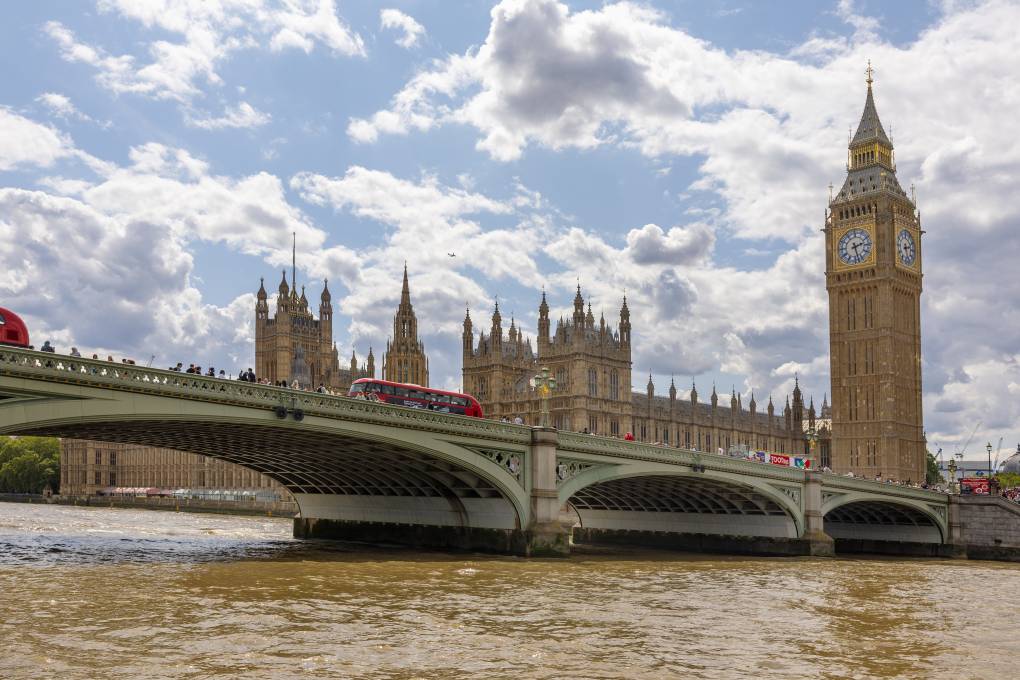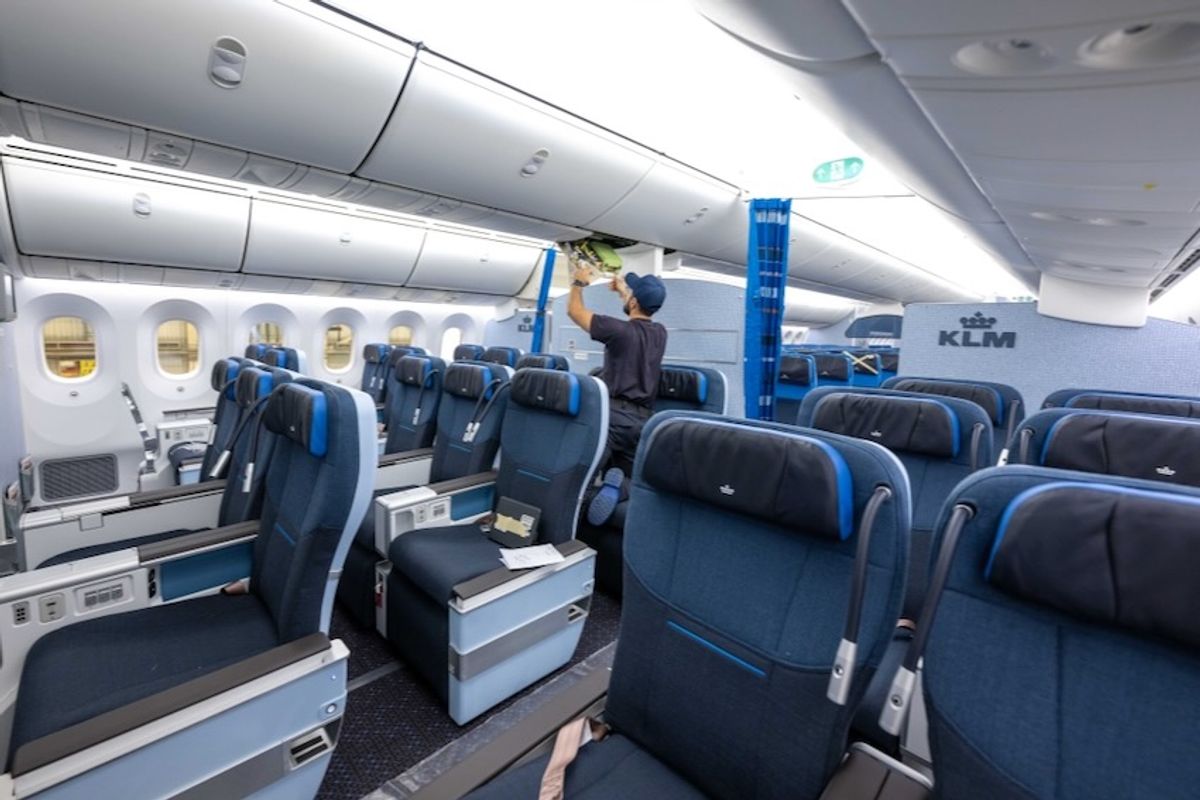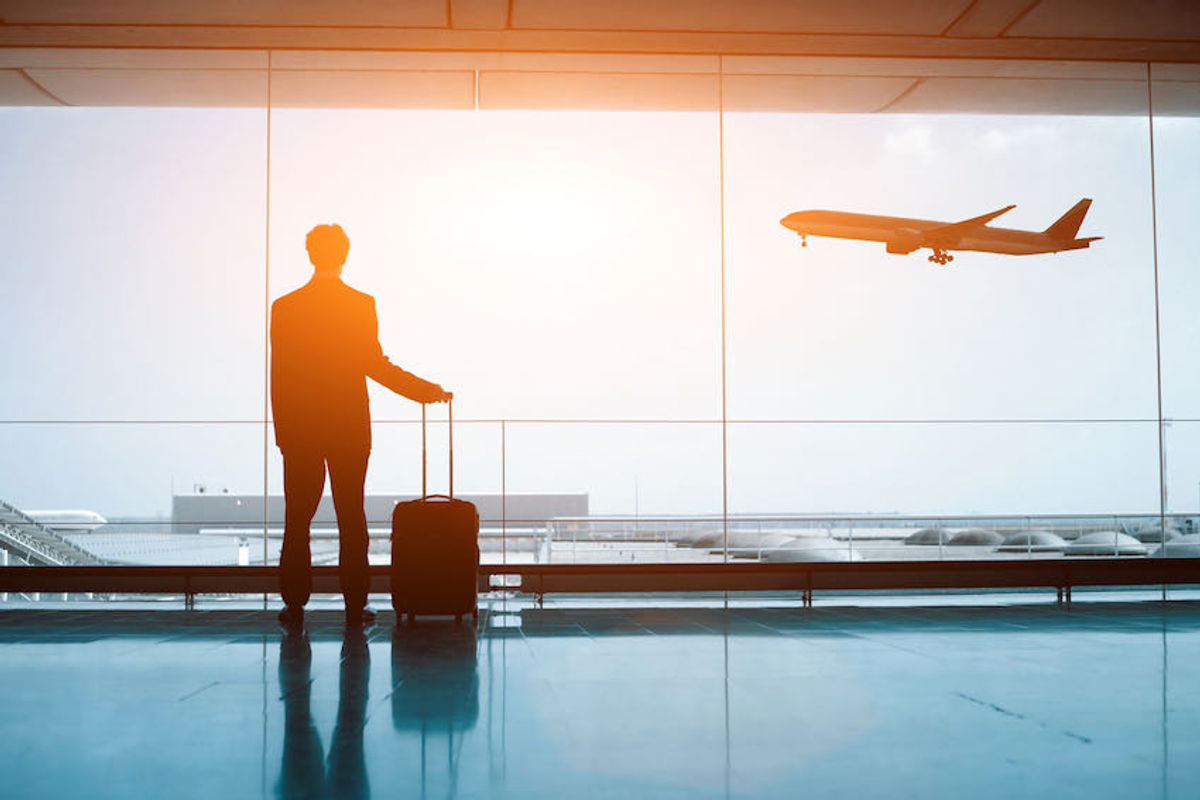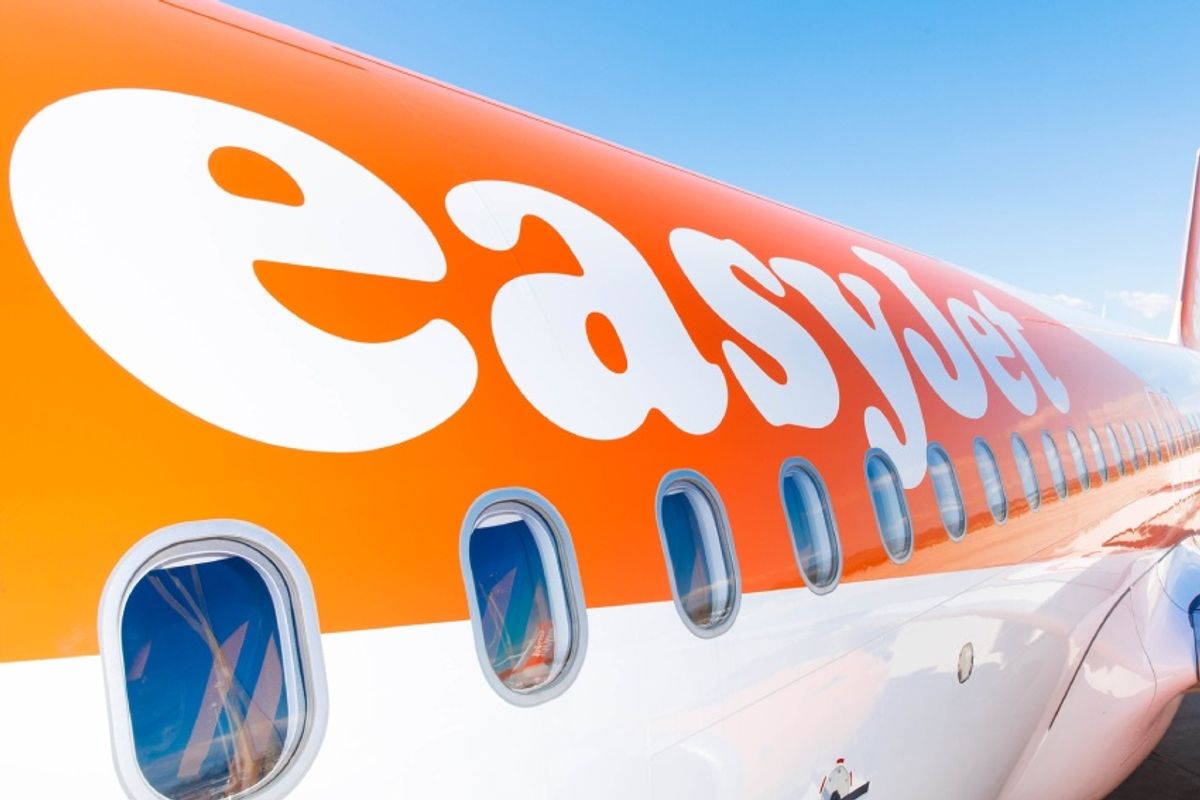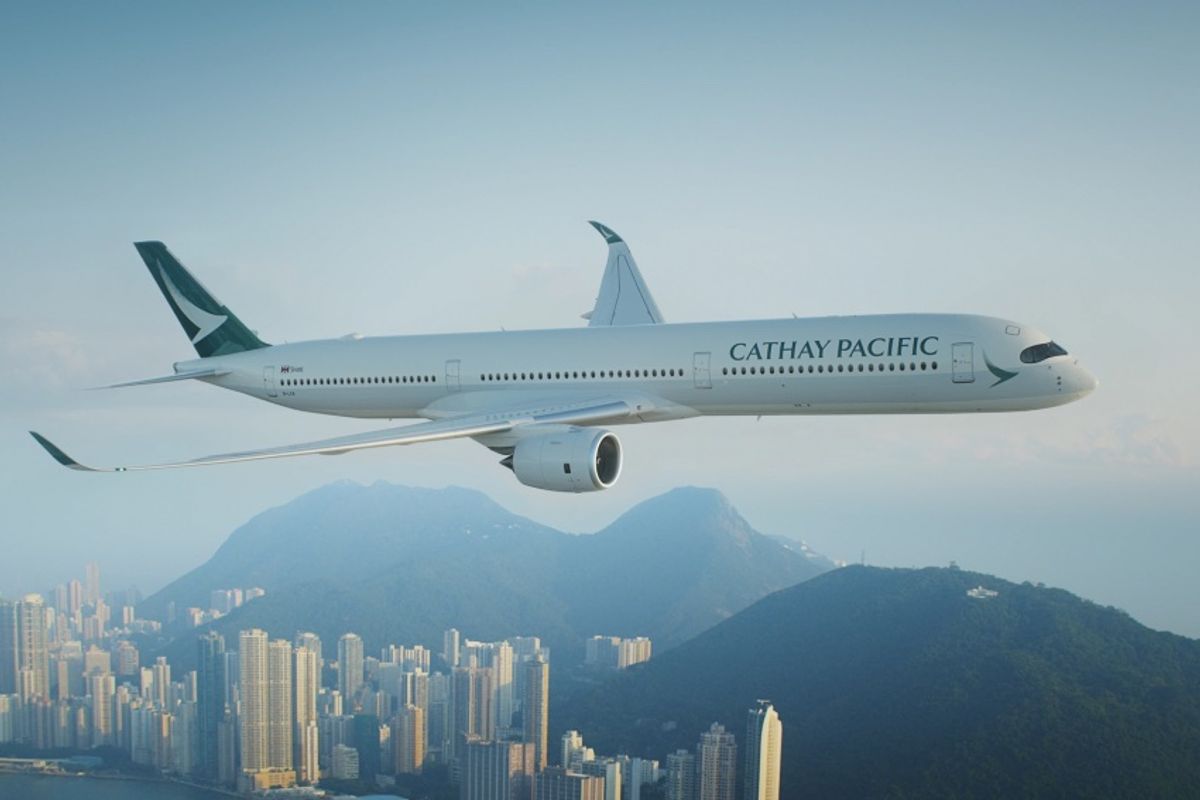Travel
Travellers to Europe face a new headache: electronic travel authorizations
Passengers queue for the security check at Heathrow Terminal 3 in London, U.K. on Aug. 22, 2023. The U.K. is set to begin requiring all non-European visitors who don’t need a visa to apply online for an electronic travel authorization.MAJA SMIEJKOWSKA/Reuters
Canadian passport holders have long enjoyed the privilege of breezing through the majority of the world’s borders without needing visas or other advance approvals. But with the U.K. and 30 European countries launching new electronic travel authorization programs, more Canadian travellers will have to add one more thing to their “to do” lists before leaving home.
Starting on Jan. 8, all non-European visitors who don’t need a visa to go to the U.K. will have to apply online for an electronic travel authorization (ETA). This digital travel permission costs £10 ($18), allows multiple journeys and lasts for two years or until the person’s passport expires – whichever comes first.
I downloaded the UK ETA app as recommended, but when it crashed, I switched to the web version on my phone. The process had a few hiccups when scanning my passport and taking my photo, and then it proceeded to ask me various questions that had the tone of a moderately intense border screening. The whole thing took me less than 15 minutes, and anyone who survived the mandatory ArriveCan era of the pandemic should sail through it fairly quickly. The U.K. government says most applications will be processed within three working days.
The European Travel Information and Authorisation System (ETIAS) has faced various delays, but is expected to be launched in mid-2025. It will be required for visa-exempt nationals travelling to 30 European countries, including France, Germany, Greece, Portugal and Spain. You can use it to enter any of the countries as often as you want for short stays, and the authorization is good for three years, or until your travel document expires. It costs €7 (around $10) and the EU says most applications will be processed within minutes.
Most countries are bringing in similar systems, if they haven’t already. In fact, both Canada and the U.S. already have electronic travel authorizations, but as the countries exempt each other’s citizens, the programs aren’t widely known here. “In effect, electronic travel authorizations are a visa by another name,” says Duncan Dee, a travel commentator and former chief operating officer at Air Canada.
ETAs are part of a bigger move toward digitizing international borders, driven by the need to reduce the risks of terrorism and unauthorized migration. ETIAS, for example, is being created to link with the European Union’s Entry/Exit System (EES), which will track the entry and exit of non-EU nationals. The system will include eGates, a digital alternative to traditional physical border inspections. A machine reads a chip in your passport and uses facial recognition or fingerprint scans to verify your identity.
Dee believes that because the U.K. and EU are coupling their travel authorizations with eGates, they should be viewed positively by travellers, as they should speed up border clearance by eliminating the need to speak with an agent.
“Getting the passenger information in advance allows countries to do a lot of the prescreening work while they’re on the flight,” Dee says. “By the time they land, the clearance has already been done and all that’s needed is to establish positive identification. So instead of spending the first hour at your destination in a queue, you’re going to be cleared by the machine within seconds and headed to your vacation.”
Some nostalgic travellers, however, will notice one downside of the new eGates: you don’t get a passport stamp. Already, travellers to the U.K. are unlikely to get stamps. Veteran globetrotters may feel sad to lose these coveted badges of honour that showed off their travels.
“It’s already becoming rarer and rarer for countries to stamp your passport if you don’t require a visa,” Dee says. “In many countries, you can ask for a stamp, and most officers are going to oblige, but it’s not a requirement. Personally I love them and I actually have made a point of keeping all my old passports as souvenirs of all my travels.”
Wayne Smith, director of the Institute for Hospitality and Tourism Research at Toronto Metropolitan University, agrees the digitization of borders should speed up wait times, although he says that if systems go down, it could cause problems. He also warns that although the fees are modest now, governments could succumb to temptation to boost them.
“I can see those amounts going up quite a bit over the years because taxing tourists is always much easier for politicians than taxing locals,” he says, citing rising hotel taxes and tourist access fees in places such as Venice as examples.

